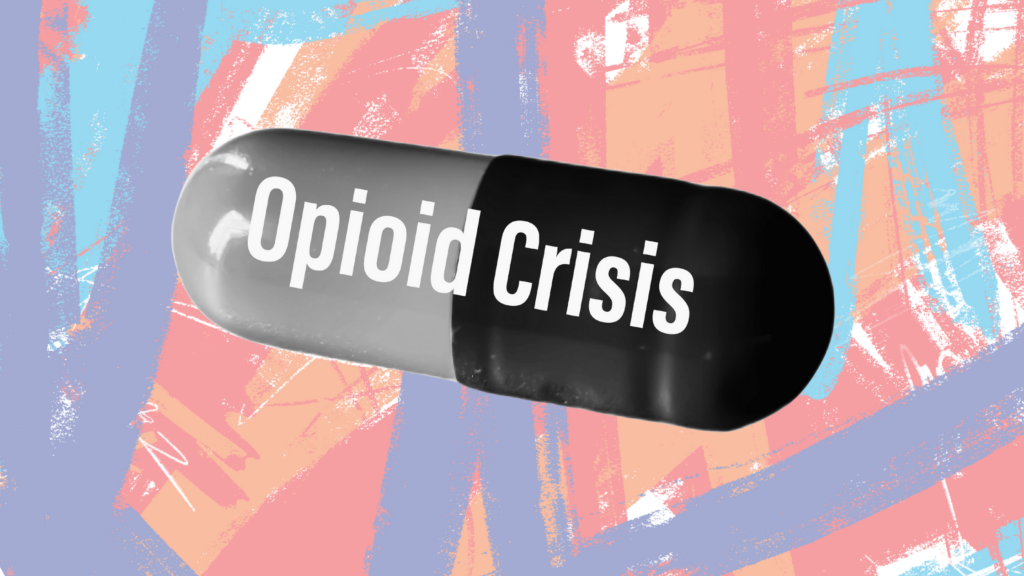Is Ketamine an Opioid?
When people hear about ketamine being used in medical treatments, it’s not uncommon for them to wonder: Is ketamine an opioid? It’s a reasonable question, especially given the opioid crisis that’s dominated headlines for years. But the short answer is: No, ketamine is not an opioid.
What Exactly Is Ketamine?
Ketamine is a dissociative anesthetic. It was first developed in the 1960s and initially used in surgery as an anesthetic, particularly during the Vietnam War. Its ability to relieve pain and provide sedation without suppressing breathing made it a go-to in emergency medicine.
Fast forward to today, ketamine has found new life as a breakthrough treatment for conditions like depression, PTSD, anxiety, and chronic pain. It’s especially known for its rapid-acting antidepressant properties. But despite its increasing use in mental health, ketamine works in a very different way than opioids.
How Are Opioids and Ketamine Different?
Opioids, like morphine or oxycodone, work by attaching to opioid receptors in the brain and nervous system. This attachment blocks pain signals, leading to pain relief and, unfortunately, a high potential for addiction. Opioids can decrease respiratory drive and also slow breathing, which is why opioid overdoses are so dangerous.
Ketamine, on the other hand, works on a different brain pathway—the glutamate system. Specifically, it targets NMDA receptors, which play a key role in learning, memory, and mood regulation. By interacting with this system, ketamine creates a “reset” effect in the brain, which is why it’s able to provide such rapid relief for depression and PTSD. Unlike opioids, ketamine does not carry the same risk of respiratory depression.
Why Is There Confusion?
One reason people might mistake ketamine for an opioid is that it’s often used to treat pain, sometimes even in cases where opioids have failed. Because of this, it’s easy to think that ketamine and opioids are in the same category. However, ketamine is a completely different class of drug with a distinct mechanism of action.
Another layer of confusion comes from the fact that, like opioids, ketamine has the potential for misuse. In high doses, it can lead to hallucinations or feelings of detachment from reality, which is why it’s sometimes used recreationally. But when administered in controlled, clinical environments for medical purposes, ketamine is safe and effective.
Ketamine’s Role in Healing
At Klarisana, we offer ketamine therapy not only for its powerful antidepressant effects but also for its ability to help patients process trauma, shift perspectives, and open new pathways for healing. Because ketamine acts on NMDA receptors, it creates a dissociative experience that can feel freeing—like stepping outside of yourself to see things more clearly. This is especially helpful in treating PTSD, where individuals are often stuck in a loop of distressing memories.
While ketamine is not without its risks, when administered by professionals in a clinical setting, it provides a safe alternative for people who have not found relief with traditional medications.
So, to clear things up: ketamine is a controlled substance but no, is not an opioid. Its ability to treat pain and provide relief for mood disorders stems from its unique interaction with the brain’s glutamate system, not the opioid receptors. And in a world where opioids are under understandable scrutiny, ketamine offers a much-needed option for those seeking healing without the high risk of addiction associated with opioid medications.





